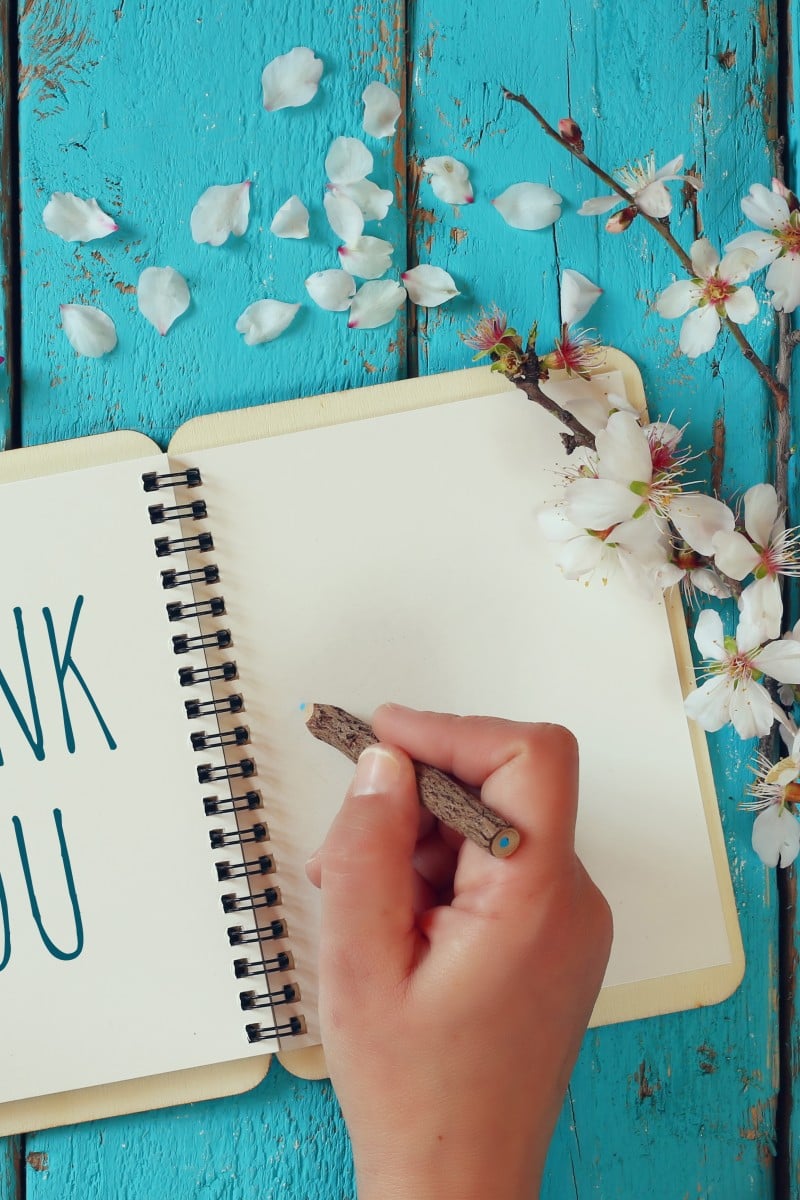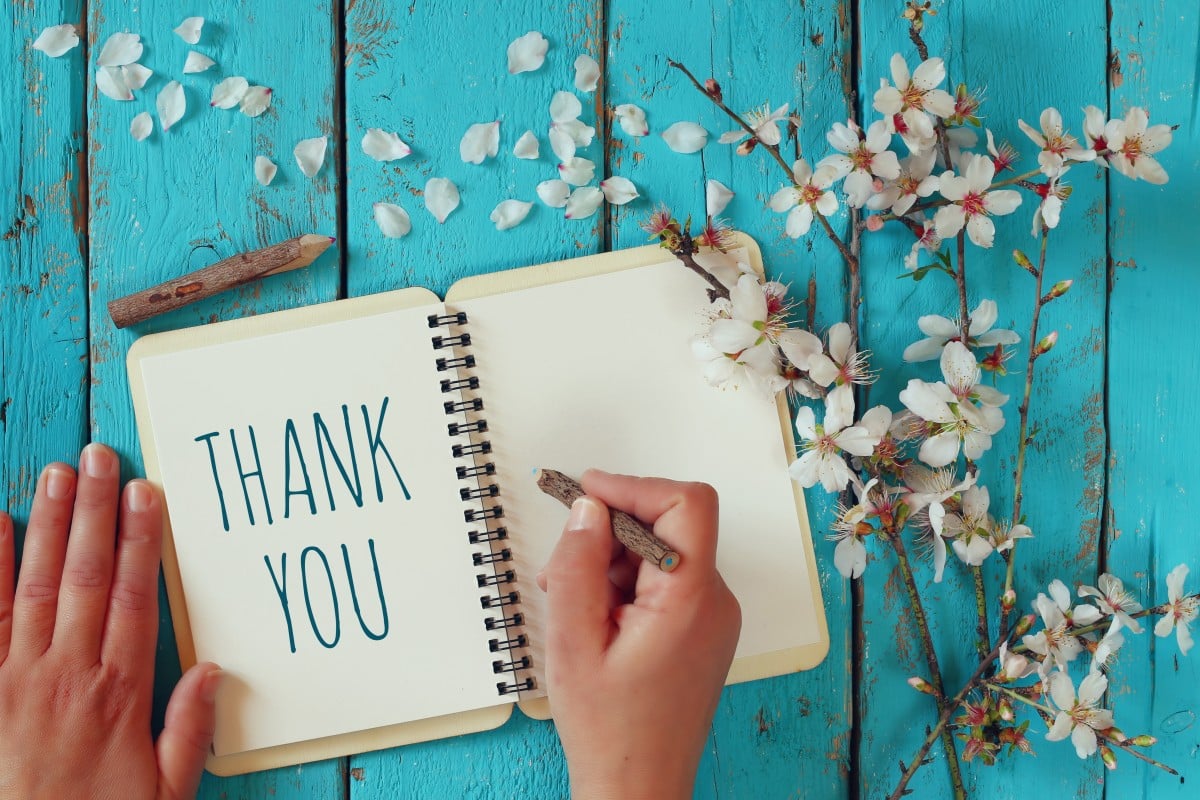
Practicing gratitude is an effective tool for improving your mental health
- A psychotherapist explains how to increase your resilience and self-esteem by recognising what you're thankful for
- Keep a journal, write a letter and express your thankfulness for people daily
 Practicing gratitude is one easy thing you can do to improve your mental health.
Practicing gratitude is one easy thing you can do to improve your mental health. Amy Morin is a psychotherapist, licensed clinical social worker, mental strength coach, and international bestselling author.
Morin says that the simplest and most effective way to improve your mental strength is to practice gratitude on a daily basis.
She explains that practicing gratitude will change your mindset by increasing your resilience, bolstering self-esteem, and helping you to see the positive side of any situation.
"Almost every day someone asks me, 'If I only have time to do one exercise to build mental strength, what should I do?'"
"My answer is always this: practice gratitude. It's the fastest and simplest way to develop mental muscle. It doesn't cost anything. It only takes a few minutes of your time. And anyone can do it."
Women say "sorry" more than men - but why?
How gratitude changes your mindset
Whether you're thankful for clean water to drink, or for a friend who makes you laugh, gratitude offers a multitude of benefits.
Being thankful can have a major impact on how you think, how you feel, and how you act. It's like an underrated superpower that could change your life.
Science has found gratitude can:
- Increase your resilience. Gratitude might help you bounce back after a traumatic event. Research has shown that individuals who practiced gratitude after the attacks on September 11 experienced lower rates of PTSD.
- Bolster your self-esteem. A 2014 study found that grateful people felt better about themselves. This could be because comparisons tend to drive self-esteem issues, and grateful people compare themselves less to others.
- Increase your happiness. A 2003 study discovered that grateful people were happier than their non-grateful counterparts.
- Improve your sleep. A 2011 study found that people who spent 15 minutes writing in a gratitude journal before bed improved the duration and quality of their sleep.
- Enrich your social life. A 2014 study found that showing appreciation increases your social circle and improves the quality of existing relationships.
The quest for perfection can lead to anxiety and depression in teens
How to incorporate more gratitude into your life
There are many ways to make gratitude a daily exercise. The key is to find a way that works for you. Here are some ideas:
Write a gratitude letter. Rather than write a thank you letter for a specific gift, write a letter to someone who plays an important role in your life. Let the person know why you're thankful for them. Not only will you feel good about writing it, but they'll feel great reading it.
Make a gratitude collage. Looking at pictures of all the things you have to be thankful for can remind you of all the good you have in your life. So create a collage that includes pictures of the people, things, and experiences you appreciate.
Maintain a gratitude journal. If you enjoy writing, log the things you have to be grateful for in a daily journal. Then, when you're having a rough day, you can go back and read about all the things you have to be thankful for in life.
Establish a gratitude ritual. While some families enjoy sharing what they're grateful for over dinner, other people like to light a candle and silently think of all they have to feel thankful about at bedtime. Creating a daily ritual that works for you can ensure you are practicing gratitude daily.
Express your gratitude daily. Experiencing gratitude is one thing, but expressing it is another. Make it a habit to tell people when you're thankful. Keep in mind that a quick, "Thanks," when someone holds the door is much different than a heartfelt, "Thank you," to someone who shared their time with you.